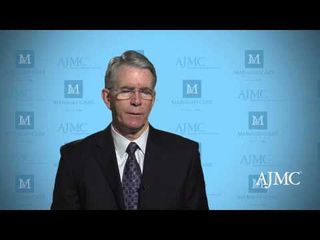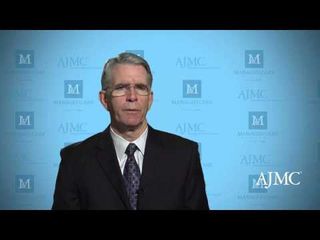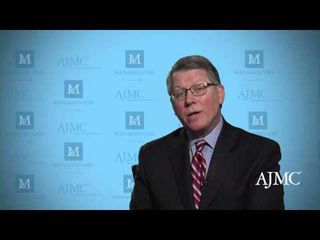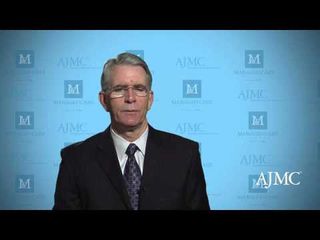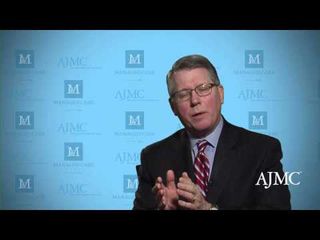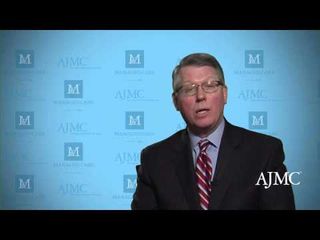
Value-Based Care
Latest News
Latest Videos

CME Content
More News
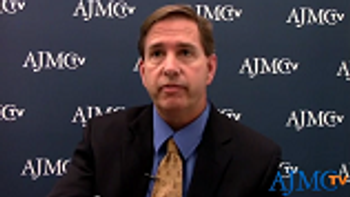
Gary Liska, with Alere Home Monitoring Inc, says Alere's commitment to patients' safety is why they supported the STABLE study.

Figures from 2010 show that 71 Chicago-area hospitals covering seven counties discharged about 1.02 million patients; by 2012, that number had dropped about 5 percent, to 970,000 discharges, according to the January report.

As Congress tries to reform Medicare, the program's independent advisor has its own suggestions, including a call to end to what has become a revenue buffer for many hospitals and an integral part of their physician acquisition strategies.

This article reviews the mobile clinic sector's impact on access, quality, and costs, and explores postreform opportunities for leveraging them nationally.

After the disastrous rollout of the healthcare exchanges last October, Kathleen Sebelius has hit the road to pump up enrollment-and it just might be working.

Merck and the Heritage Provider Network forge a new kind of relationship, with the goals of spawning innovation in healthcare delivery and of providing an outline for future collaborations between ACOs and other healthcare stakeholders.

Health information technology is most useful at the point of care so why do so many emergency medical services (EMS) professionals lack access to patient health information where it is likely to prove so effective?


Sustaining and enhancing patient experience in this era of reform will require a combined macro policy-level and micro practice-level approach.

The authors discuss 4 tech-dependent innovations that will be major keys to the sustained success of ACOs.

Medicaid is a deeply flawed program in need of reform, but the hope that Arkansas will establish a pathway for such reform may be met with disappointment.

Currently, more than 600 accountable care organizations (ACOs) have been established throughout the United States. However, a recent study finds that more than half of physician groups remain hesitant to join an ACO.

Fox Chase Cancer Center's Crystal Denlinger, MD, presented Optimal Post-Treatment Surveillance: Is More Really Better?, addressing a topic that challenges not only patients and their physicians, but also payers as the nation moves toward a healthcare system defined by the maxim "better quality at a lower cost."

In his talk, Melanoma Guideline Update: New Agents and Opportunities for Treatment, John A. Thompson, MD, of the Fred Hutchinson Cancer Research Center in Seattle, Washington, first showed the preferred list of treatments for advanced or metastatic melanoma: ipilimumab, vemurafenib, dabrafenib, dabrafenib plus trametinib, high-dose interleukin-2, and the drugs-to-come in the category: clinical trials.

Who should receive genetic counseling and screening for colorectal cancer (CRC)? And how early should annual colonoscopies happen once those at risk are identified? These are important questions with equally important and complex answers.

Life-saving therapies that halt cancer can take a toll on the skeletal system, leaving survivors with bone loss or more serious injuries such as broken wrists, ribs, or hips. Watchful attention, screening, and therapy are needed to prevent these outcomes.

Members of the Health IT Policy Committee approved a set of recommendations Tuesday that will bring meaningful use Stage 3 requirements one step closer to federal approval and scale back the initial Stage 3 proposals by 33%.

Accountable care organizations (ACOs) and other population health initiatives cannot succeed without health information being able to flow between healthcare organizations and providers.

The National Committee for Quality Assurance, under increasing pressure to demonstrate the value of its recognition programs, previewed new patient-centered medical home standards intended to put more emphasis on team-based care, integrating behavioral health and sustaining practice transformation.

Electronic health records are supposed to represent the next great leap in medicine - reducing medical errors and enhancing the physician's diagnostic powers.

he lower chamber is expected to vote on legislation that would permanently repeal Medicare's sustainable growth-rate formula for physician payment, which might also include a provision to either repeal or delay the ACA's individual insurance mandate as a way to pay for the SGR fix.

Lawmakers in Richmond are deep in budget negotiations and will soon decide which parts of the mental health-care system will receive a funding boost.

More than 400 accountable care organizations (ACOs) exist across the country, and physician groups have overtaken hospitals as the largest backers of ACOs.
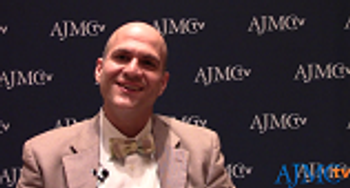
Farzad Mostashari, MD, visiting fellow, Brookings Institution, former national coordinator for health information technology (HIT), US Department of Health and Human Services (HHS), discusses how data and digitization are driving innovation in healthcare.

'In order to get technology to truly work for physicians, it must drive productivity'


